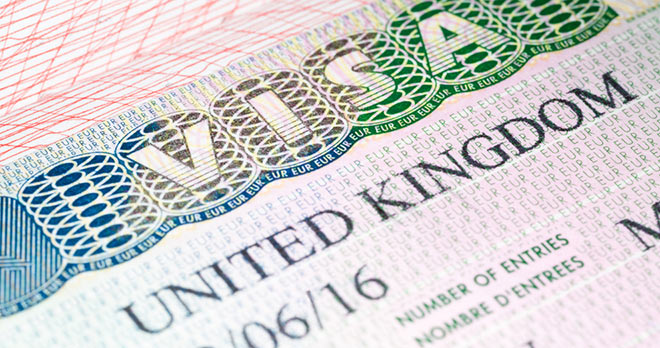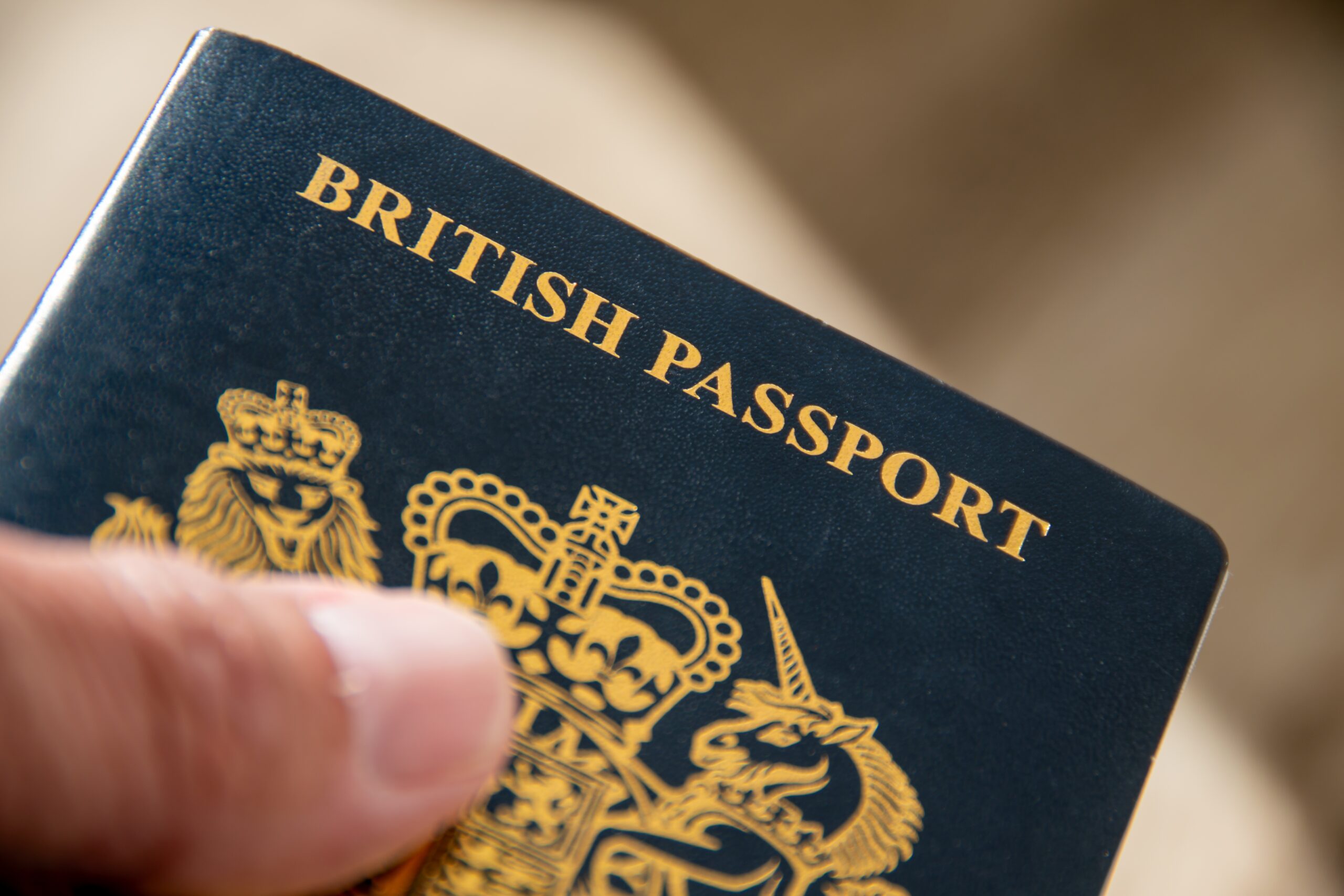How to get British citizenship with a history of absences.

Applying for British citizenship is a major step in your UK immigration journey. But many applicants fear they have spent too much time outside the UK to be eligible to naturalise. Whether it’s for work, family, or unexpected events, excess absences can complicate your naturalising as a British citizen. But don’t worry—there’s more flexibility than you might think.
To apply for British citizenship through naturalisation, applicants must meet the residence requirements set out by the British Nationality Act 1981. These vary depending on whether they are married to a British citizen, but in all cases, the applicant must hold Indefinite Leave to Remain first and have been present in the UK at the start of their qualifying period.
What is the 5-year and 3-year route to British citizenship?
If not married to a British citizen, the applicant must rely on the 5-year route, where absences must be No more than 450 days outside the UK in the last 5 years, and no more than 90 days in the last 12 months. They will be eligible 12 months after having been granted Indefinite Leave to Remain (also known as ILR or settlement).
If married to a British citizen, the applicant can rely on 3-year route, as long as they also hold Indefinite Leave to Remain. They should have no more than 270 days outside the UK in the last 3 years and no more than 90 days in the last 12 months. They can apply as soon as they are granted ILR.
What is the rule on absences for British citizenship?
If you find yourself having too many absences for work, you may have less full days away than you may think, as travel days do not count towards the threshold. However, if your absences exceed the limits, the Home Office has discretionary powers to approve applications in certain cases.
Discretion will normally be exercised if the rest of the requirements are met and your absences are only slightly over the limit; e.g., 480 days instead of 450 in total, or 100 days instead of 90 in the final year. If you are still over the limit, you may rely on other criteria, such as having strong links to the UK: you have made the UK your permanent home—your family, job, and property are here.
In addition, if there were important reasons for being away, such as work commitments abroad, justified by your employer, or the nature of your work, family emergencies, health issues, COVID-19 travel restrictions or another compelling reasons, the caseworker can exercise discretion in your favour. The longer you have lived in the UK overall, the stronger your case.
Other considerations for British citizenship.
This should not be your only consideration. There are other requirements to become a British citizen, such as having passed the Knowledge of Language and Life in the UK if you are between 18 and 64 years of age. Future intentions of making the UK your main home will also be considered if you are not married to a British citizen.
All applicants are also expected to be of good character, and include details of any past legal issues, even if they are considered spent. This includes Fixed Penalty Notices and other traffic fines.
It is essential to be candid in your responses and present an accurate description of your circumstances. UKVI will be running checks on your declared absences and check any potential criminal or civil offences. There may be occasions where a conviction is too recent or too serious to be overlooked. You should always check the latest version of the guidance to understand the caseworker’s decision criteria. If in doubt, best seek professional advice.
It is always better to be honest about past mistakes and explain how these issues have been rectified, than hope they will not be found out.
Excess absences don’t have to be the end of your citizenship journey. We have substantial expertise in successful applications exceeding the permitted threshold and overcoming past criminal convictions.
Read more from around RWK Goodman.
View more articles related to Employment and Visa and immigration







